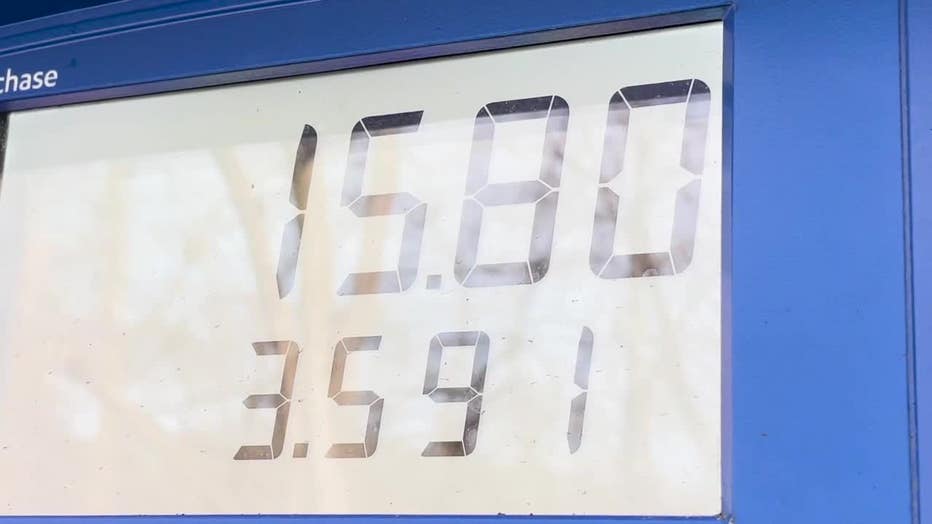Impact of tariffs on Wisconsinites: What to know
Impact of tariffs on Wisconsinites
25% tariffs are in place for Mexican and Canadian imports, meaning anything coming to the U.S. will cost more to get into the country.
MILWAUKEE - 25% tariffs are in place for Mexican and Canadian imports, meaning anything coming to the U.S. will cost more to get into the country.
Tariffs raise concern
Local perspective:
Here in Wisconsin, a lot of those products come from Canada and Mexico. The question for businesses and economists isn't "What if?"; it's "What now?"
The move from President Donald Trump escalates trade tensions with the U.S.’s three largest trading partners.
What they're saying:
Alejandro Romero, the owner of Romero’s Taco Truck in West Allis, braces for his next challenge: rising costs for the fresh ingredients Romero relies on, because of tariffs.

"We don't make that much money like the corporations are," he said. "It's small amounts of money coming in, and we pay a lot for food."
SIGN UP TODAY: Get daily headlines, breaking news emails from FOX6 News
Here's the problem: the produce is produced somewhere else. Specifically in Mexico and Canada, which are now subject to a 25% tax – or tariff – upon entering the U.S.
"We want to keep our customers happy, and you know, thanks to them, we are where we're at," Romero said.
He said he will hold off on rising prices for as long as he can. He said the tariffs will likely prevent him from adding more employees to his staff of 25 people, and keep him from adding to his trucks.
Canadian oil
Big picture view:
Brian Jacobsen is a chief economist at Annex Wealth Management in Brookfield. Beyond groceries, he pointed to gas as the next place we'll see the effect of these tariffs, because Wisconsin gets most of its crude oil from Canada.

FREE DOWNLOAD: Get breaking news alerts in the FOX LOCAL Mobile app for iOS or Android
"Especially this time of year, a lot of the food that we have, especially fresh fruit and produce, comes from Mexico," Jacobsen said. "And some of it comes from some very large greenhouses that are just on the other side of the Canadian border [...] If you think about all the things that we buy at the store, it got there somehow. Most likely, it got there via a truck, which then runs on diesel."
The Source: The information in this post was produced by FOX6 News.


